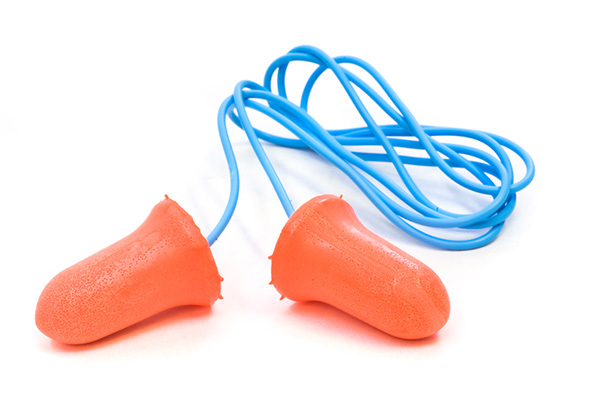How to Create a Quiet Space for Optimal Hearing Health
Creating a quiet space in your home or workplace might not seem urgent
Step into the New Year with clarity—don’t just hear the countdown, feel every moment of joy and celebration! – Learn more


Creating a quiet space in your home or workplace might not seem urgent

Most people think hearing loss just affects how well you can follow a

Stress and hearing health share a two-way relationship that many of us